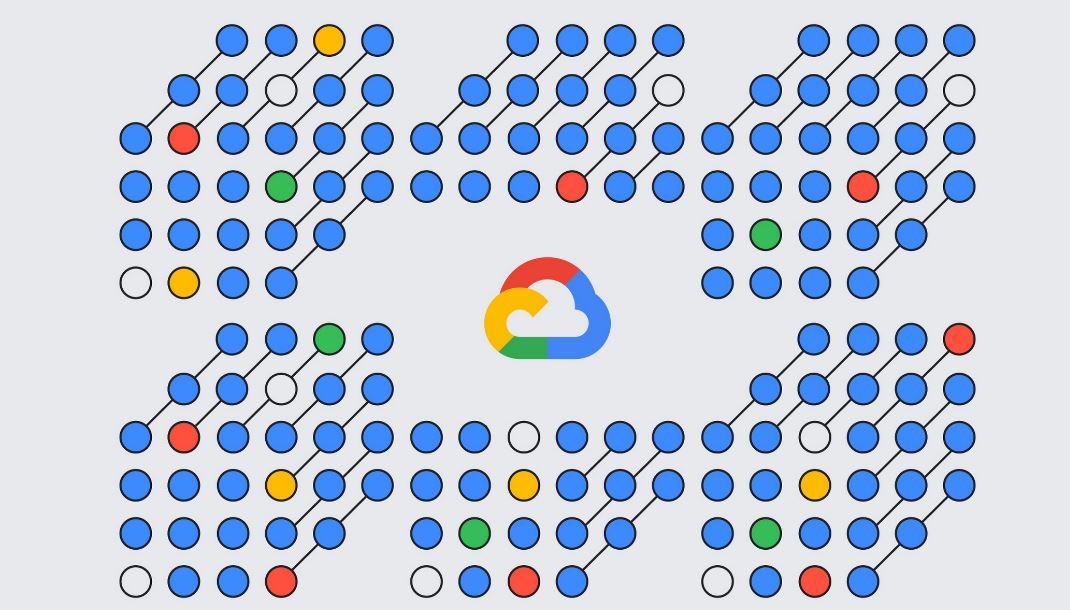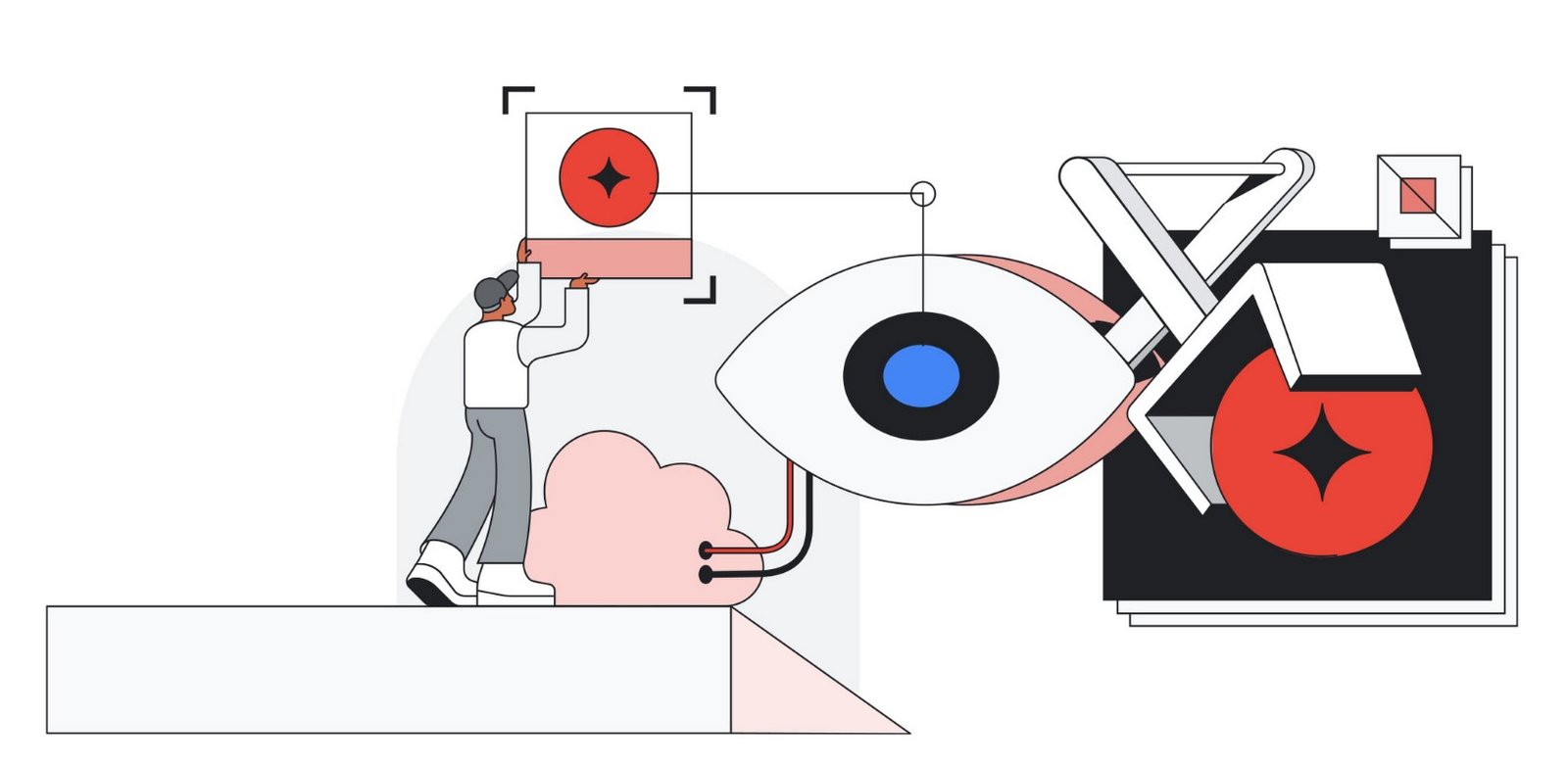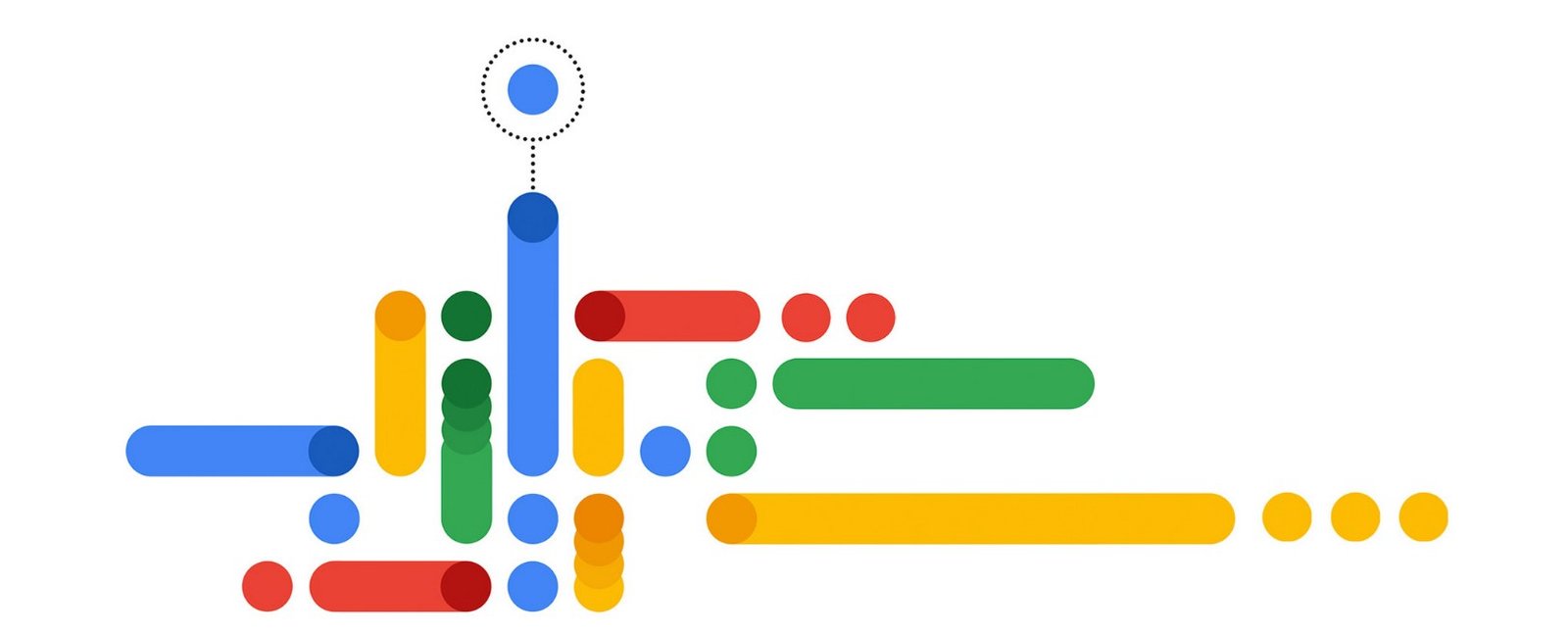Introduction to Google Cloud VPC
Google Cloud VPC (Virtual Private Cloud) provides a flexible and scalable networking solution for your Google Cloud resources. It allows you to create isolated and secure virtual networks, control traffic flow, and connect your on-premises infrastructure to the cloud.
1. VPC Networks and Subnets
VPC networks consist of subnets that define IP address ranges and regions. They provide the foundation for the virtual network infrastructure in which your Google Cloud resources are deployed.
CLI Command:
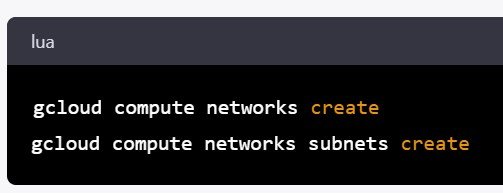
2. VPC Firewall Rules
Firewall rules control the inbound and outbound traffic to and from your VPC network. They can be configured to allow or deny traffic based on the source and destination IP address, protocol, and port.
CLI Command:
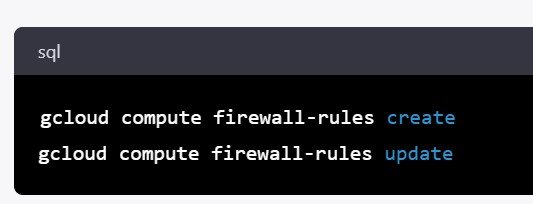
3. VPC Routing
VPC routing directs traffic between instances within your VPC network or between your VPC network and other networks. You can configure static routes or use dynamic routing with Google Cloud Router.
CLI Command:
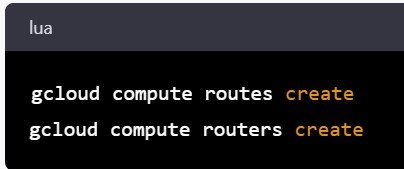
4. VPC Peering
VPC peering allows you to establish private, high-speed connectivity between two VPC networks. This enables you to share resources and services between VPC networks securely and with low latency.
CLI Command:
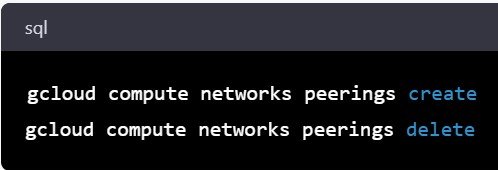
5. Shared VPC
Shared VPC enables you to share a common VPC network across multiple projects, simplifying network management and improving security.
CLI Command:
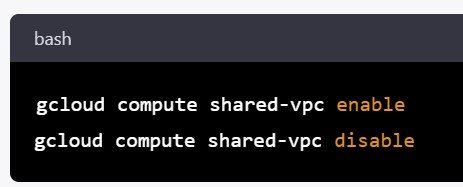
6. VPC Network Security
VPC network security features include firewall rules, Identity-Aware Proxy, VPC Service Controls, and Private Google Access, which help you protect your resources and data.
7. VPC Connectivity Options
VPC connectivity options include Cloud VPN, Cloud Interconnect, and Direct Peering, enabling you to securely connect your on-premises infrastructure to your VPC network.
8. VPC Monitoring and Logging
VPC monitoring and logging tools, such as VPC Flow Logs and Google Cloud Monitoring, help you gain insights into your network traffic, performance, and security.
9. VPC Pricing and Cost Optimization
VPC pricing is based on resource usage, such as egress traffic, VPN tunnels, and interconnect connections. You can optimize costs by using features like VPC Flow Logs and Google Cloud Recommender.
10. VPC Best Practices
VPC best practices include designing your VPC network for high availability, using subnets and regions effectively, configuring firewall rules and routing, and implementing security features.

